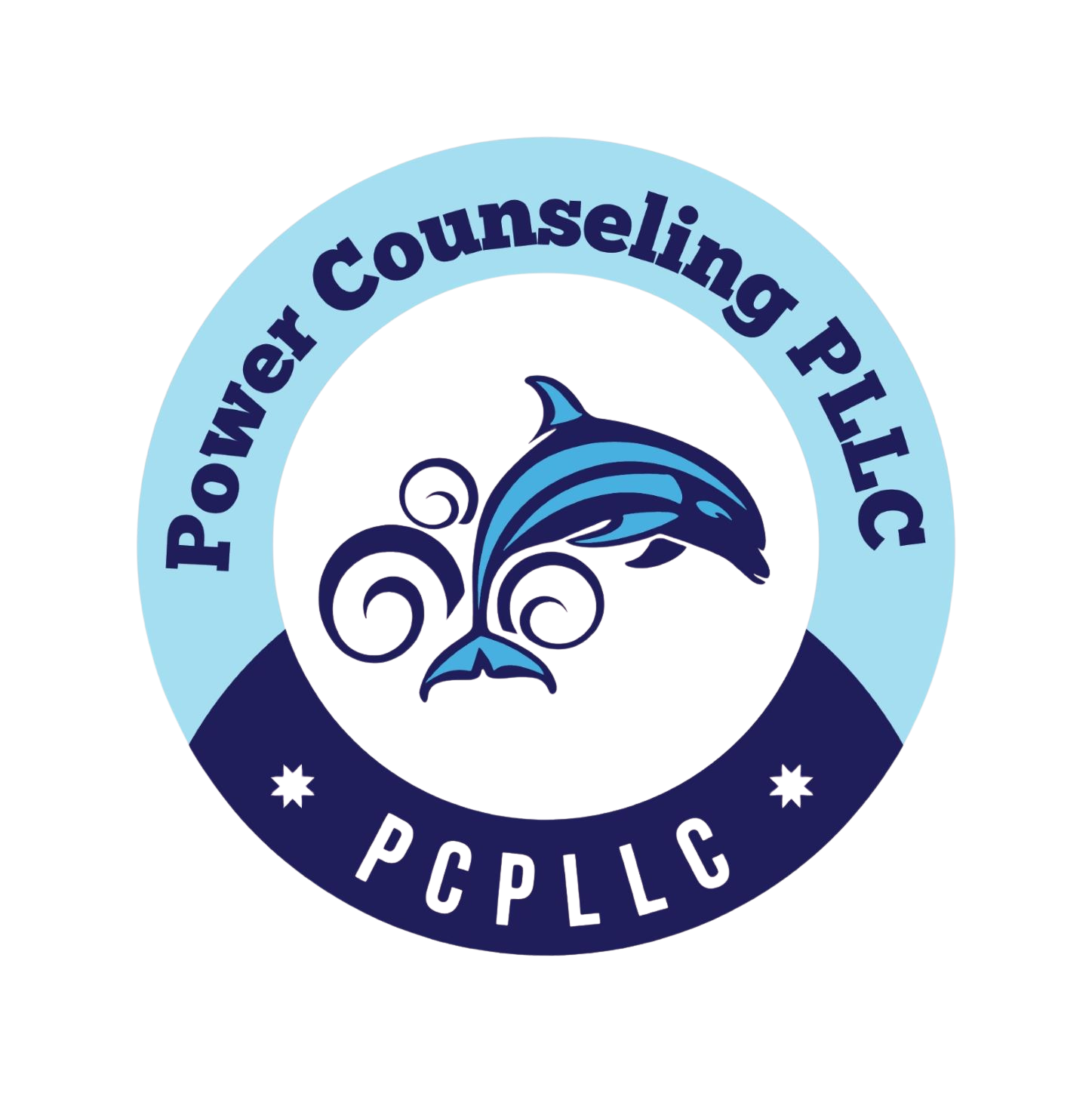GROUP THERAPY
- Group Day: Saturdays
- Group Time: 3.00 – 4.30 p.m. (90 minutes)
- Group Location: Telehealth or 1325 Quincy Street NE, Washington DC 20017.
- Group Focus/Target: Adult Men
- Program Duration: 16 weeks
- Insurance plans accepted.

Why Focus on Men?
Compared with women, men are more likely to be diagnosed with antisocial personality disorder, attention deficit disorder, conduct disorder, and many other mental health conditions that manifest in impulse control difficulties. For example, men are more likely to be involved in serious auto accidents, in road rage and other violent confrontations, and even in infidelity. Also, men tend to dominate the sex offender population, just as they dominate the prisons. That makes it necessary to design a program that is men-specific and men-focused. Such group therapy addresses the psychosocial issues most likely to be of interest to men.
Issues Targeted
Interpersonal relationship difficulties, including problems with sustaining long-term romantic relationships; difficulties with managing anger and stress; impulse control problems, including difficulties with delaying gratification; recovery from substance abuse; criminal thinking and criminal values; life skills, including those for managing money; difficulties with emotion regulation; problems with finding and maintaining gainful employment, issues with low self-esteem, chronic depression and anxiety, and more.
Clinical Content
Topics to be covered in the 16-week program will aim to enhance the client’s overall mental health functioning. These will include personal accountability; problem-solving skills; anger and stress management skills; social skills and prosocial activities; shame, guilt, and stigma; setting and respecting boundaries; self-management skills, particularly relapse prevention skills; and receiving legal assistance. Others could include appropriate measures to take when dealing with suicidal thoughts or behavior, and the cognitive distortions that tend to sustain addictions of all sorts, as well as a host of criminal behaviors.
Program Strategy
The group therapy approach will combine elements of psychoeducation, peer support, and cognitive-behavioral treatment. It will be loosely structured such that peer support, sharing real-life experiences, and feedback will be given considerable focus. This is particularly so when it comes to working on instrumental skills, such as money management, resume writing, accepting feedback from authority figures, etc., just as with the development of basic social skills, particularly those needed to find a job or to maintain important personal relationships.
The cognitive-behavioral group interventions will be employed in the effort to correct and eliminate criminal thinking errors. Peer confrontation will be encouraged, as a tool for group members to challenge maladaptive thinking patterns and other behaviors observed that may raise red flags for targeted behaviors.
Helping each group participant develop or use a relapse prevention plan, where indicated, is a key clinical strategy for this program. This reflects the fact that some group members would come to the group with long-term problems, such as recovery from addiction, which can be a life-long process. These issues require work on a long-term basis, if not for life.
Here, group members are helped to identify the factors or warning signs for targeted behavior and what actions to take (identification of high-risk situations). Individuals are also assisted in developing a support team, to help them deal with high-risk situations. The good news is that the concept of relapse prevention planning is being applied to address many physical and mental health problems, including depression, substance abuse, sex offending, and more. In these, the basic process appears to be the same.
Anger Management Program Group
ANGER
MANAGEMENT PROGRAM
Sessions are held on: Saturdays from 11.00 a.m. to 12.00 noon for 12 weeks.
Cost: $50 per session How to pay: Cash/Check/Credit Card Session Duration: 60 minutes.
Location: In-person and Telehealth options exist.

Whether you experience mild irritation often or find yourself dealing with fury or rage, we can work with you to achieve control over and develop insight into your emotion of anger.
Every one of us gets angry, occasionally. However, if you feel angry often or hurt other people because you are angry, it’s time to call our team for help! We need to talk about what things trigger your anger. We also need to explore how you can better manage your anger and take control of your thoughts and actions, by developing an action plan.
Program Goal:
To help you change the thoughts, feelings, attitudes, and behaviors that perpetuate anger in your life so that you can achieve your important life goals.
Program Approach:
The therapist/facilitator adopts a constructive, problem-solving, and collaborative approach that respects the client’s autonomy. This allows the client a voice in the treatment process.
Peer support is encouraged. The therapist also provides an accepting, non-confrontational, and nonjudgmental environment. This allows clients to, honestly, share their experiences with anger and how these have affected their relationships.
Program Duration:
The program lasts 12 weeks for the active treatment phase. Each session lasts 60 minutes. Sessions are held once per week. Sessions are held on Saturdays from 11.00 a.m. to 12.00 noon in my Washington DC office. A telehealth version is also offered.
The program includes an optional aftercare program, upon completion of active treatment, for one-on-one monthly sessions, lasting three months. Program Format: Group psychotherapy (men and women).
RELATIONSHIP THERAPY GROUP
FOR MEN, WOMEN AND COUPLES
Sessions are held on: Fridays from 5.00 p.m. to 6.15 p.m.
Duration: 12 weeks. Cost: $50 per session
How to pay: Cash/Check/Credit Card/insurance
Session Duration: 75 minutes
Beginning July 2023.

Share support and experiences with other people!
- Are you having difficulties in your marriage or other intimate relationships?
- Are you contemplating separation or divorce from your partner?
- Is your partner cheating on you?
- Are you in a sexless relationship?
- Are your needs and expectations not being met in your relationship?
- Do you find yourself arguing all the time for no reason with your partner?
If you answered yes to any of the above questions, you could join our relationship-focused group therapy for help! There are other people going through the same experience! With guidance from one of our experienced therapists, you can learn from and support other members of the group.
Power Counseling PLLC, is organizing a psychoeducation cum support group for individuals and couples who are experiencing difficulties in their intimate relationships. Discussions and activities in the group will focus on the major factors that are often associated with difficulty in relationships. Communication skills building will receive special attention.
If you believe that you may benefit from weekly interaction with others who share similar relationship problems with you, then call me for details.
ESSENTIAL FEATURES OF OUR GROUP
- The focus will be on teaching basic relationship-building skills that lead to behavior change.
- The small size of not more than six (6) members: men and women.
- Provide information and education to members that they can use to improve their lives and solve problems.
- Meetings will be structured, with the therapist facilitating discussions.
- Members will be encouraged to help others, by sharing their knowledge and insights, making helpful comments, and suggestions, and giving direct guidance.
- Provision of a safe, nurturing, non-confronting, non-judgmental environment that gives each member a sense of belonging.
- Provide opportunities for members to acquire coping skills, develop a sense of community and enlarge their social network.





